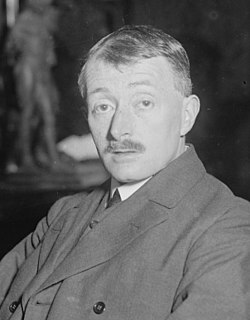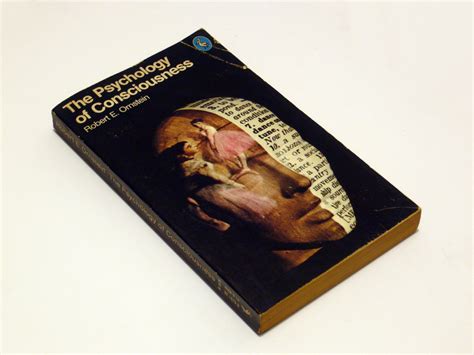A Quote by George Santayana
Tomes of aesthetic criticism hang on a few moments of real delight and intuition.
Related Quotes
I must confess that I and a few others are burdened with heavy responsibilities regarding the future of criticism. I am certainly, if not the inventor, then at least one of the first systematizers of an absurd critical practice that, as soon as it had peeked its beak out of the nest, flapping its new wet wings, took flight in the minds of the young, becoming a wild ox and sowing avant-garde literature with the mighty tomes of what might as well be called the abstract bear.
Art is not ideology. It is completely impossible to explain art on the basis of the homological relation that it is supposed to maintain with the real of history. The aesthetic process decentres the specular relation with which ideology perpetuates its closed infinity. The aesthetic effect is certainly imaginary; but this imaginary is not the reflection of the real, since it is the real of this reflection.
This duality has been reflected in classical as well as modern literature as reason versus passion, or mind versus intuition. The split between the conscious mind and the unconscious. There are moments in each of our lives when our verbal-intellect suggests one course, and our hearts, or intuition, another.
What was needed was a literary theory which, while preserving the formalist bent of New Criticism, its dogged attention to literature as aesthetic object rather than social practice, would make something a good deal more systematic and 'scientific' out of all this. The answer arrived in 1957, in the shape of the Canadian Northrop Fryes mighty 'totalization' of all literary genres, Anatomy of Criticism .






































